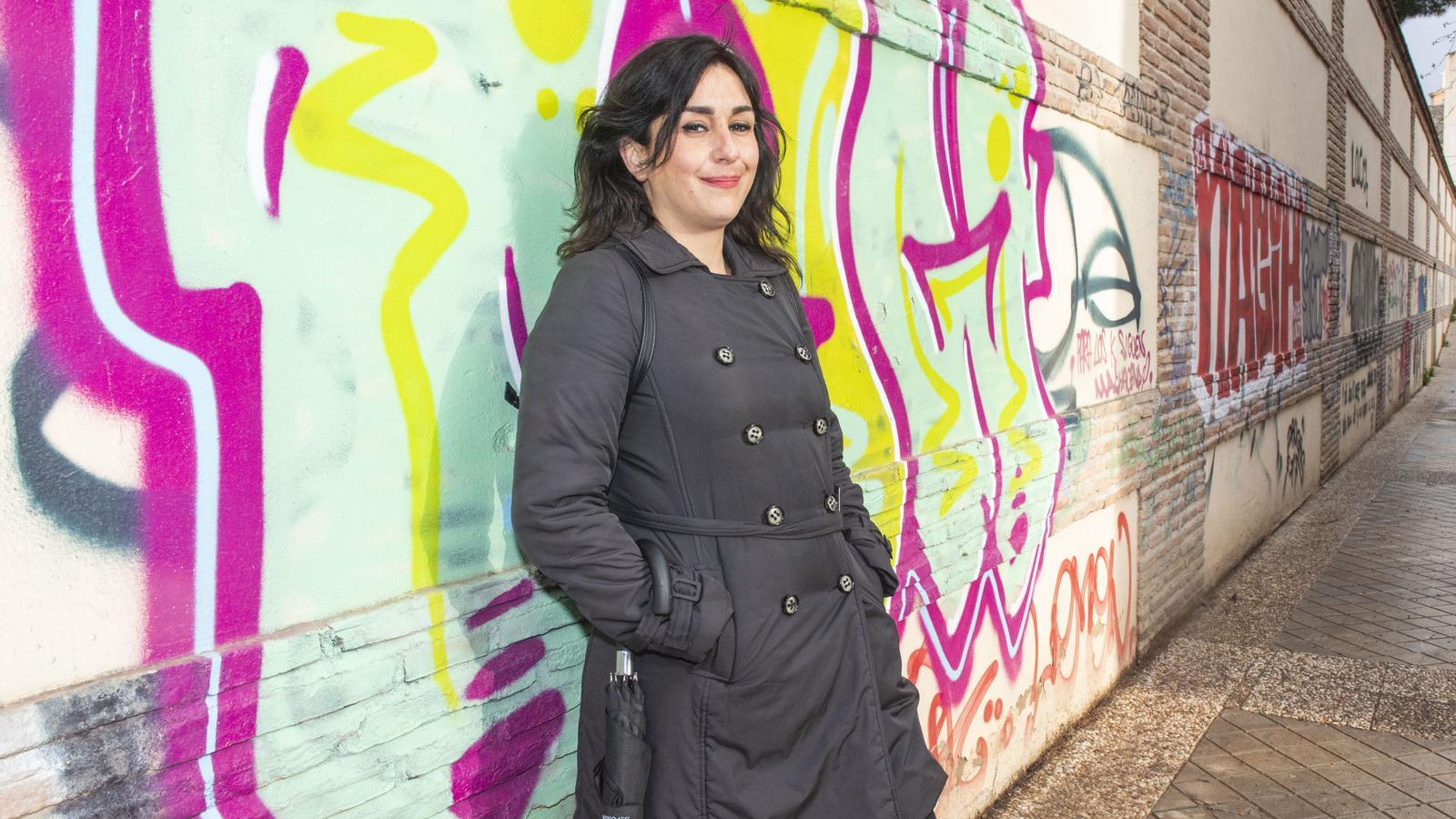Juana Rivas's son cries for help for not returning to Italy with his father: "He's terrified."
The Spanish government is asking the Prosecutor's Office to act after a court set the 22nd date for the release of the minor to his parent, who will be tried for child abuse.


BarcelonaA court order, a cry for help, and the mobilization of the Spanish government. These are the ingredients of the latest episodes surrounding the serial about Juana Rivas and her children, which has once again been the focus of media attention for a few days now. Its origin lies in Monday's decision by a Granada court, which dismissed the woman's appeal to try to prevent Daniel, her youngest son, from having to return to Italy with his father, Francesco Arcuri, as the Italian courts had ordered.
The court's decision means that, if nothing prevents it, the 11-year-old child must be handed over to his father next Tuesday, the 22nd, in just four days. A return that would be against the boy's will.
Daniel himself made this explicit in a letter sent to the Minister of Youth and Children, Sira Rego. "It's a very harsh letter, in which he asks me for help because he's afraid, he feels terrified, and he doesn't want to return to Italy," the minister explained in a video posted on social media. She then made an announcement: "We have prepared a communication to the State Attorney General's Office to enforce Daniel's rights."
Rego asks the Public Prosecutor's Office to act after the boy explained in the letter the "very serious episodes of violence" he suffered repeatedly in Italy and admitted that he even fears for his safety. "He categorically rejects the court ruling that forces him to return," says the minister, who asks that the minor be "heard."
When Rivas asked the Granada court of first instance to suspend the order for her son's return, initially issued by the Cagliari court, she cited precisely the "well-founded fear declared by the minor and a risk of harm—physical and/or psychological—in the event of his return to Italy." She also questioned the appropriateness of handing him over to the father at a time when the man is awaiting trial in September, precisely for alleged continued abuse of his children. "Here, the law does not allow an alleged abuser to have custody of his son," argues lawyer Carlos Aránguez, who leads the legal team representing Rivas.
The mother, who lives with her elder son, Gabriel, now of legal age, in Maracena (Granada), had managed to keep Daniel when she visited them during the last Christmas holidays. On January 7, a judge allowed him to remain temporarily in Granada, but a month and a half later, the Italian court ruled in favor of the father, who is demanding the child's return. On Monday, Granada's third court of first instance set the 22nd for the execution of the sentence.
Rivas's lawyers have appealed the decision to the Provincial Court, but it's possible the court won't rule before four days, which is when the woman must hand over her son, between 10 and 11 a.m., at a specific location in Granada. However, the lawyers are also working on a series of documents and requests for assistance to state and international organizations. as it progresses The Country.
An "incomprehensible" decision
If she refuses to hand over the child, the court that issued the order has already warned her that she could be guilty of disobeying judicial authority. In a decree reported by the Efe news agency, in fact, it warns that the intervention of state security forces would be requested and threatens to review the visitation regime between the mother and Daniel. These decisions have been criticized by the Spanish government, and not just by Rego.
The Minister of Equality, Ana Redondo, described the decision on Thursday as "incomprehensible" and questioned whether it was made "with legality." "The child's best interest will never be to live with an abuser," she said on RNE radio. A campaign has also been launched in support of Rivas and her son, with more than 1,300 signatures so far, promoted by a platform against gender violence in Granada.
The Juana Rivas case dates back to 2017, when, taking advantage of a trip to Spain, the woman disappeared with her two minor children so as not to hand them over to Arcuri, who in 2009 was convicted of mistreatment – and reported again by her in Italy, where the four lived. Rivas ended up sentenced to two and a half years in prison for child abduction, although she managed to reduce the sentence thanks to a reduction by the Supreme Court and a partial pardon from the Spanish government, among others. In March 2022 was finally released.
